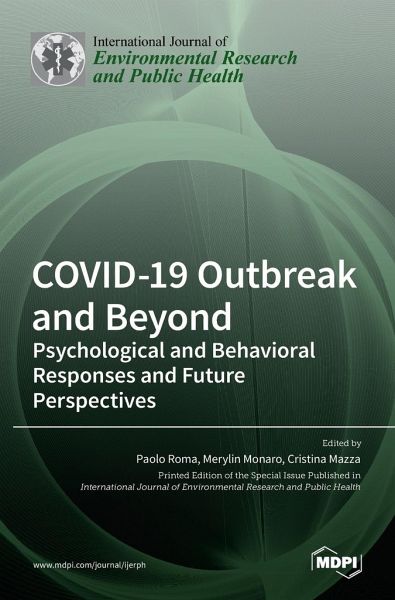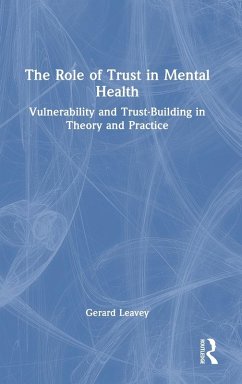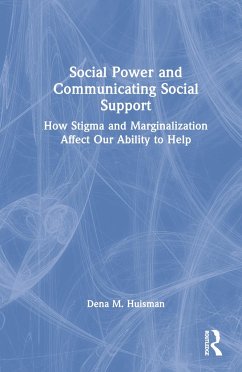
COVID-19 Outbreak and Beyond
Psychological and Behavioral Responses and Future Perspectives
Versandkostenfrei!
Versandfertig in 1-2 Wochen
127,99 €
inkl. MwSt.

PAYBACK Punkte
64 °P sammeln!
The COVID-19 pandemic drastically changed our lifestyle when, on 30 January 2020, the World Health Organization declared the coronavirus disease outbreak a public health emergency of international concern. Since then, many governments have introduced unprecedented containment measures, hoping to slow the spread of the virus. International research suggests that both the pandemic and the related protective measures, such as lockdown, curfews, and social distancing, are having a profound impact on the mental health of the population. Among the most commonly observed psychological effects, there ...
The COVID-19 pandemic drastically changed our lifestyle when, on 30 January 2020, the World Health Organization declared the coronavirus disease outbreak a public health emergency of international concern. Since then, many governments have introduced unprecedented containment measures, hoping to slow the spread of the virus. International research suggests that both the pandemic and the related protective measures, such as lockdown, curfews, and social distancing, are having a profound impact on the mental health of the population. Among the most commonly observed psychological effects, there are high levels of stress, anxiety, depression, and post-traumatic symptoms, along with boredom and frustration. At the same time, the behavioral response of the population is of paramount importance to successfully contain the outbreak, creating a vicious circle in which the psychological distress impacts the willingness to comply with the protective measures, which, in turn, if prolonged, could exacerbate the population's distress. This book includes: i) original studies on the worldwide psychological and behavioral impact of COVID-19 on targeted individuals (e.g., parents, social workers, patients affected by physical and mental disorders); ii) studies exploring the effect of COVID-19 using advanced statistical and methodological techniques (e.g., machine learning technologies); iii) research on practical applications that could help identify persons at risk, mitigate the negative effects of this situation, and offer insights to policymakers to manage the pandemic are also highly welcomed.














